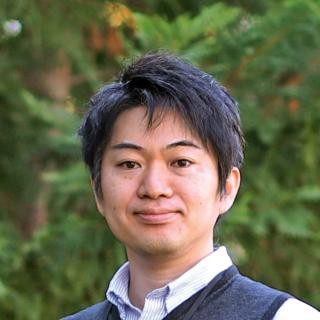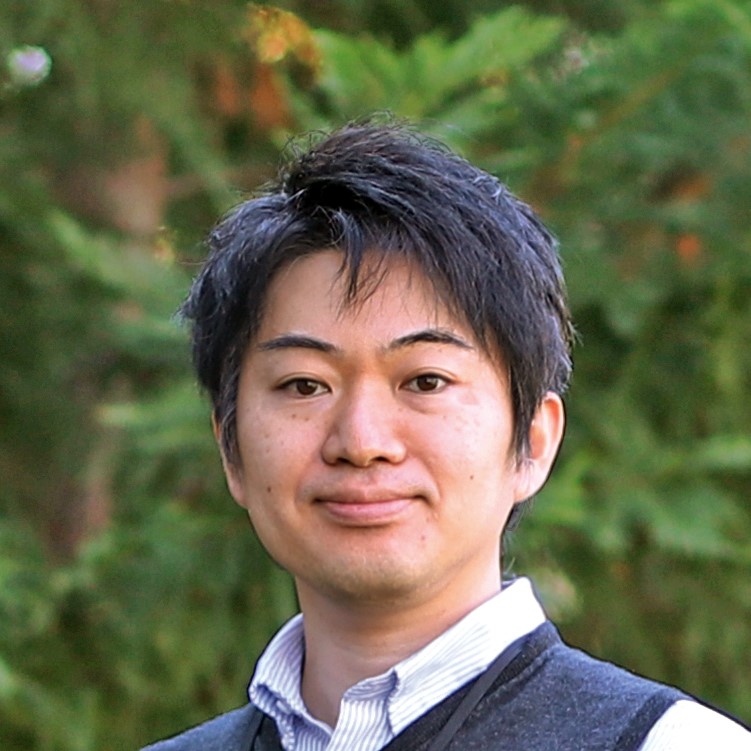
Hidetaka Ohnuki, Ph.D.
- Center for Cancer Research
- National Cancer Institute
- 37/4124
- Bethesda, MD 20892
- 240 760 7919
- hidetaka.ohnuki@nih.gov
RESEARCH SUMMARY
Dr. Ohnuki’s research focuses on molecular mechanisms in angiogenesis and hematopoiesis. Recently, he developed a single-cell method for iterative epigenomic analyses in the same single cells. He applies the single-cell technology to research on perivascular niches in physiological hematopoiesis and in the context of oncogenesis and cancer evolution.
Areas of Expertise

Hidetaka Ohnuki, Ph.D.
Research
My major projects in LCO focus on molecular mechanisms of aging in angiogenesis and hematopoiesis. In my early studies, I contributed to the field of vascular biology to understand how angiogenesis is initiated and how excessive vasculature is eliminated after angiogenesis.
During these studies, I noticed that angiogenic vessels are highly heterogeneous and interact with many other cells. However, at that time, there was no method to analyze individual endothelial cells and individual interacting cells at the omics level. Therefore, I developed a single-cell technology that can iteratively analyze the epigenome with different epigenetic markers in the same single cells.
I am currently using single-cell multi-omics technology to address one of the major obstacles in translational research: aging. In translational research, the lack of knowledge about aging is an obstacle in translating findings from basic research to address clinical applications. Basic research is often conducted using young cells and young mice. In contrast, most human cancer patients are elderly. This discrepancy may contribute to many drug candidates dropping out of development after initial clinical trials without reaching approval for use. Partly because senescent cells rarely proliferate when cultured, there is a limited understanding of the heterogeneity of senescent cells. Therefore, single-cell multi-omics may expand our knowledge of physiological aging and contribute to connecting one missing link in translational research.
Publications
- Bibliography Link
- Use the URL below for a complete list of published work
Biography

Hidetaka Ohnuki, Ph.D.
meta charset="UTF-8" />Dr. Ohnuki completed his B.S. in Microbiology at the Tokyo University of Agriculture in Tokyo, Japan. He then earned Ph.D. from Gifu University in Gifu, Japan. His thesis work was completed in Dr. Otani’s laboratory. It elucidates the immune regulatory mechanisms of milk immunoglobulins through Fc gamma receptors in Peyer’s patches. He did a postdoctoral fellowship at the laboratory of Dr. Higashiyama in Japan. The work revealed a molecular mechanism during angiogenesis through a bi-functional transcription factor, BAZF, which controls transcription and protein degradation through the ubiquitin-proteasome system in the nucleus. After that, he joined the Laboratory of Cellular Oncology in the lab of Dr. Giovanna Tosato as a Visiting fellow and then a Research fellow. In 2017, Dr. Ohnuki was appointed Staff Scientist. Dr. Ohnuki’s research focuses on elucidating mechanisms in relationship with peri-vascular niche and the clonal selection/evolution of aged cells, premalignant cells and cancer cells in contexts of cancer development and therapeutic resistance using his single-cell multi-omics technology.
